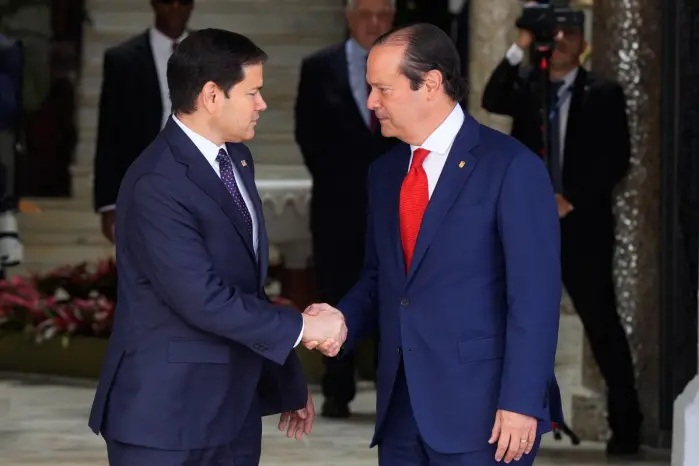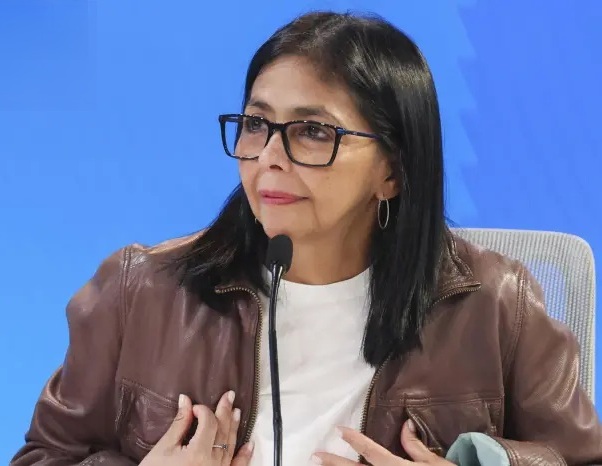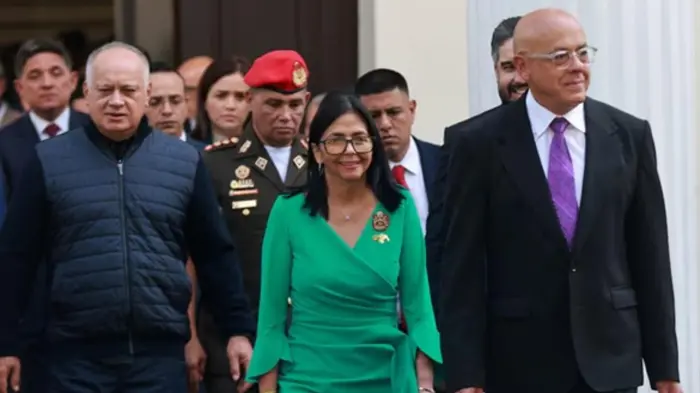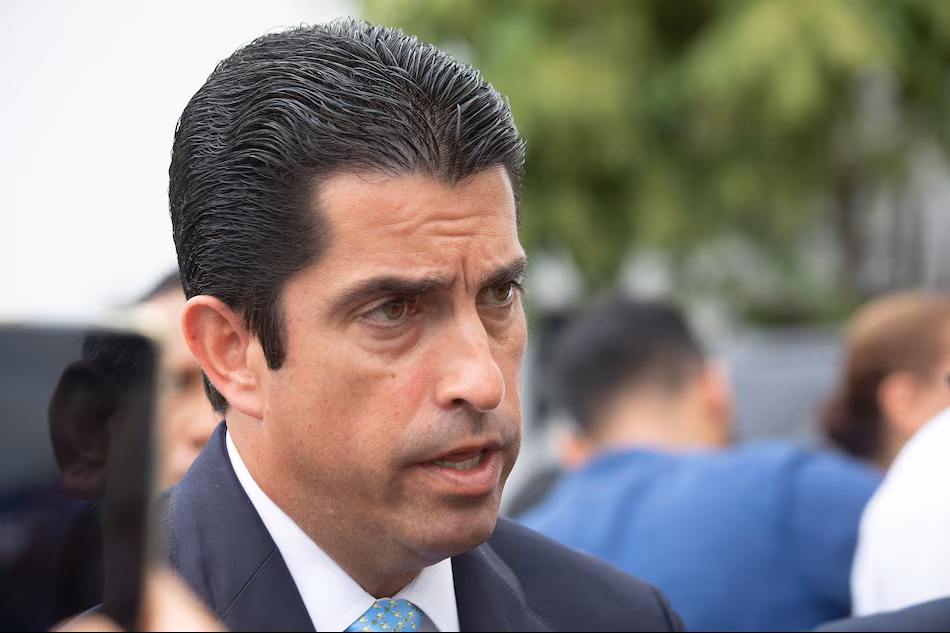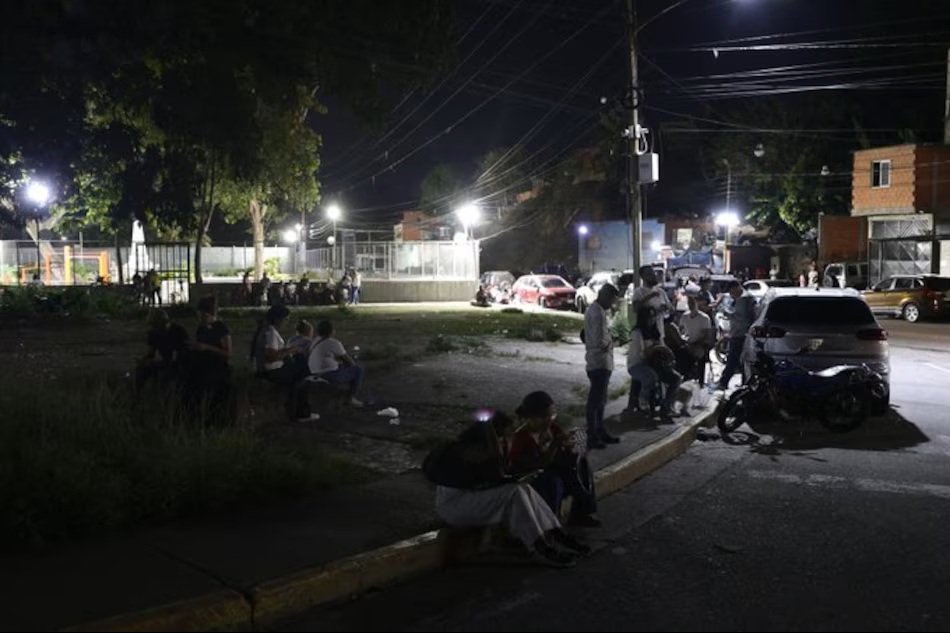Judge admonishes noisy Odebrecht case defense lawyers

In a protracted sixth day of the Odebrecht preliminary hearing in which Judge Baloisa Marquínez denied 25 requests for an abbreviated procedure, and admonished defense lawyers for making a noise and turning their backs when the prosecution was presenting its case, the Anti-Corruption Prosecutor Mahmad Daud Hassan, asked to apply the full rigor of the criminal law to former officials, leaders of political parties and all those involved in the crime of money laundering committed after receiving bribes through various companies linked to the Brazilian company.
Hassan told the court “this is the largest robbery of public funds that the country has experienced and the largest file on money laundering. that has been seen in the history of law. He stressed that the Odebrecht company itself recognized the payment of bribes to Panamanian citizens through the company’s Structured Operations Division or the so-called box 2 for the payment of bribes, through companies of Panama and many other jurisdictions. He recalled that directors of the company in Brazil, such as Marcelo Odebrecht, admitted in the investigations carried out in that country that the company used Box 2 to pay bribes to officials and political candidates in several Latin American countries.
“That was his way of operating and he did it to guarantee that he was given the contracts and to have control of the entire structure; the company controlled everything related to public works or mega-projects that took place in Panama and Latin America,” argued prosecutor Daud Hassan.
Judicial assistance from abroad
He stated that the file contains the collaboration of judicial assistance from Brazil, Switzerland, and the United States, in which it is concluded and Odebrecht accepts that it committed the crime of money laundering.
In the case of Brazil, the prosecutor mentions that Fernando Migliaccio, who was the treasurer of Box 2, pointed out that the money paid in bribes flowed as a result of the cost overruns that entered the company and that it allowed them to generate additional funds for these payments, not only in Panama but also in the countries where it operated.
“Migliaccio reports that this department was created by Marcelo Odebrecht to make these payments of bribes or kickbacks,” he said.
Disguised donations
“Here the issue has been disguised, there has been talk of donations and they have said that at the time they received those funds, they were not public servants. It is clear from the company itself that it reached agreements with those countries, and they acknowledge that these payments were made. No company like Odebrecht is going to make a donation of 5, 10, or 20 million dollars, without expecting anything in return,” the prosecutor said.
He stated that some sectors of the defense of several defendants say that they did receive money, but they state that they received only donations.
“Gentlemen, they were not donations, they were bribes that entered camouflaged in various ways,” he insisted.
In several cases other defendants, state that “they did not pay me anything”, but they did receive it through interposed people, including relatives, the prosecutor stressed. With the illicit payments, the company guaranteed continuity and the solution of problems that arose within the bidding projects in which it participated.
In Switzerland, the authorities said that Ricardo Martinelli Linares and Luis Enrique Martinelli Linares, sons of former President Ricardo Martinelli Berrocal, received transfers from the accounts of Constructora Internacional del Sur (used for illicit payments), Baxley Assets, Innovation Research Engineering and Development LTD., Hadar Assets Klienfeld Services and Trident Inter Trade. In the international assistance with Switzerland, the illicit payments made to the children of former President Ricardo Martinelli are recognized. It points out that instrumental companies controlled by Odebrecht made payments and point directly to the Martinelli Linares brothers.
”It details that, according to the Swiss authorities, the payments made by the Odebrecht companies to the Martinelli Linares brothers were dated at a time when the company was managing or carrying out large public works construction projects in Panama, and that there was a suspicion that these payments were bribes. The prosecutor said that valuable contributions were made to this investigation as a result of the agreement authorities of the US made with Odebrecht, where they pleaded guilty to all charges and acknowledged that they actually paid bribes. , and mention that they did so to officials and candidates from various countries, including Panama.
The company itself said that between 2010 and 2014 Odebrecht made corrupt payments of over $59 million to Panamanian government officials and intermediaries working for them in Panama to obtain public works contracts.

